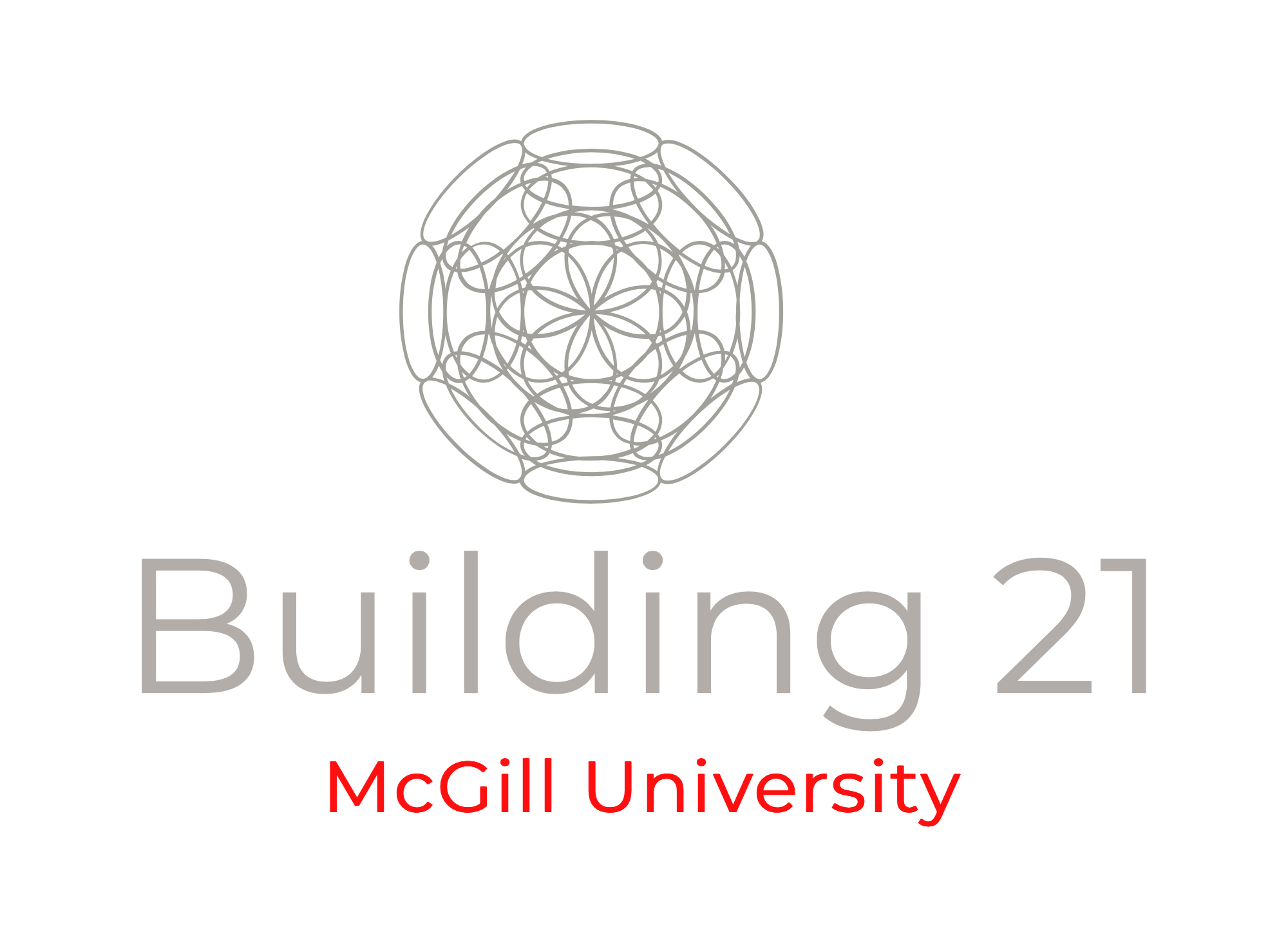Letters from the Future
Letters from the Future are archeological fragments of a time to come.
The future is like quantum theory, all possibilities existing simulatenously until one collapses into an event. These fragments are both.
First Letter
Scholarship in the age of infinite subroutines
There was a time when scholars wrote and thought. Today, in this world of infinite subroutines and deeper and deeper machine learning, scholarship has become algorithmic and genetic. At this moment in our academic history, iterations of thoughts, ideas and structures appear mysteriously, triggered by scholars but created by the sentience of non-sentient machines. A great deal of fuss was made over the arbitrariness of ideation — trouble which would be outsourced to technologies of reimagining. Scholarship now involves perusing libraries of iteration and variation. Critique lives within the same architecture as the search for the prime number…
Second Letter
Humanity in the Age of Machines: The Biosphere of Ideas
Just as the biosphere stands above the world of nonliving matter, so an “abstract kingdom” rises above the biosphere. The denizens of this kingdom? Ideas. Ideas have retained some of the properties of organisms. Like them, they tend to perpetuate their structure and to breed; they too can fuse, recombine, segregate their content; indeed they too can evolve…
James Gleick
Third Letter: The University at the Singularity
Structures impose thought patterns, perceptions and understandings. The historical structures of our institutions create the proverbial box from which one has a limited number of mental frameworks from which to perceive the world. These frameworks have been extremely successful; they have brought great wealth, great ideas, and untold riches. But the Anthropocene is giving birth to a very strange new world, in which our fundamental notions of what we are, of who we are, and how we understand the world have limited effectiveness.
How can we survive and thrive? How can we reinvent education to understand and prosper in this fantastic new world?
Pandemic: 2020
This is 2025.
The pandemic and its confinement have lasted 18 months:
these are the letters from that future
Music
So many musician friends did not survive the The Lockdown. Sorry! I don’t mean that more musicians died than the general population, just that they died financially. Self-employed performers of all genres did not receive the generous wage replacements that you did in Germany, or in France. So they were forced to look for other work to manage expenses. With restaurants, bars, and cafés closed, the usual “between-gigs” economy dried up – and folks started looking for other work they could do online.
Society
But below the surface, things are not quite as they used to be. The pandemic exposed serious flaws in various countries’ public health systems, emergency preparedness systems, emergency response and support systems, and various other systems that were not suited to a catastrophe of this magnitude, be it sudden or foreseeable. This led to a massive push on the part of epidemiologists, policy analysts, defense analysts, and academics and the educated public more broadly – a push to investigate our public systems more closely for potential weaknesses that could be actively exploited by malicious state actors, or could passively result in crises through various circumstances and complex system interactions.
The sacred
The paradox of pilgrimage is to cross physical, exterior space so as to cross immaterial, interior space. Denied its physical dimensions in a confined world, the processes of meaning twisted inwards — like a contortionist into a box — so as to recapitulate themselves at the scale of our domestic, medium sized personal worlds. Mecca, the wailing wall, they all stood empty, but their significance did not: where, then, did this significance end up?
Books
The years following confinement, the publishing industry almost disappeared. Independent publishers were hit hard. Most of the brick and mortar bookstores closed. At first most independent publishers almost disappeared as they refused to adapt. But then they realized that people were reading more and that sales of book were increasing substantially. They also realized that they had to become more specific, more unique, and that the quality of the books they produced, both in terms of form and content, had to increase. As gov’t funding plummeted but readership increased, they realized that there was a huge market for beautiful books, important books, even poetry books.
Mother’s Day 2025
And, this year – Covid is history – i.e. vaccinated out of our fear lexicon – but we have managed to come through 2 rather virulent American viruses, and are seeing now the shifts that perhaps we had always hoped for, taking place.










